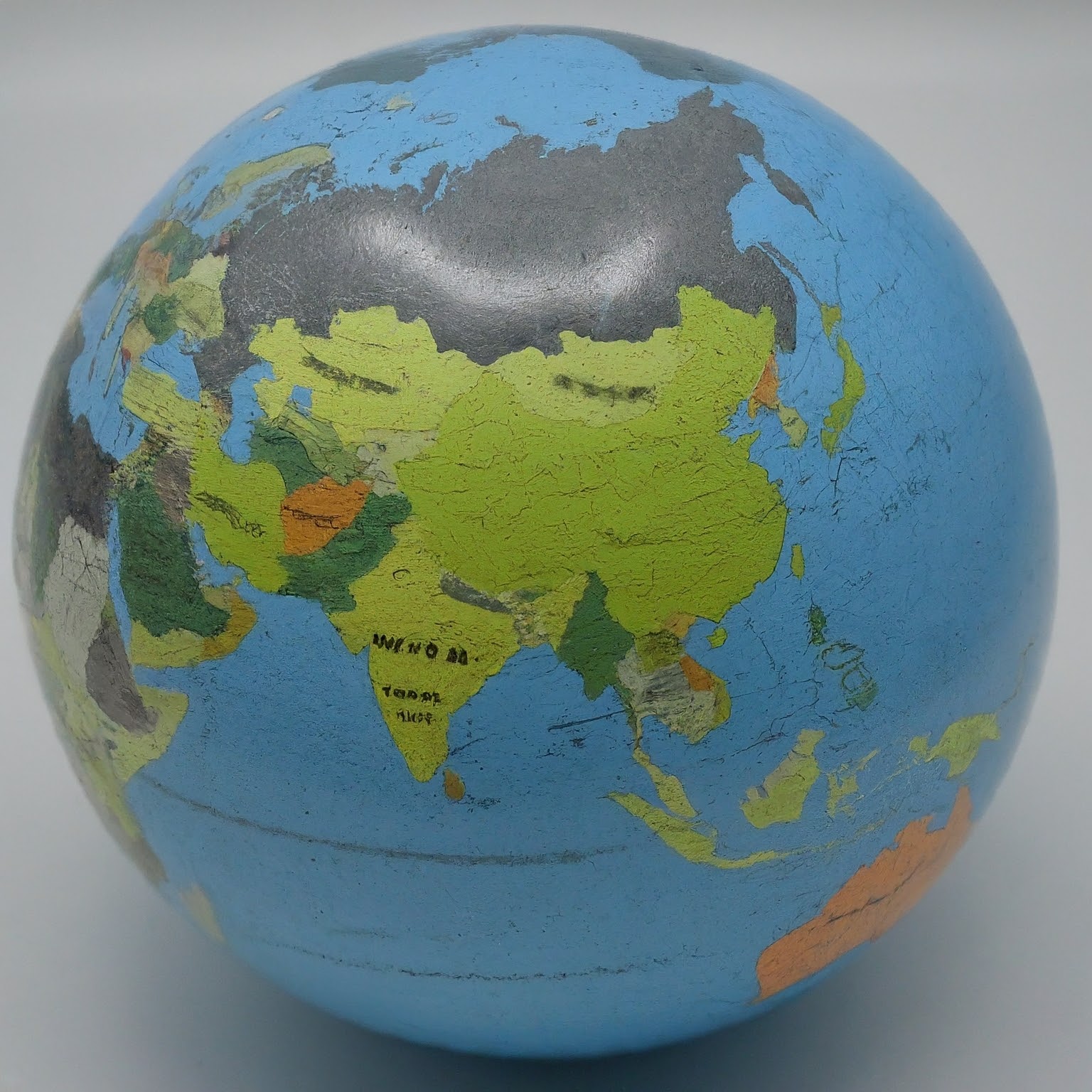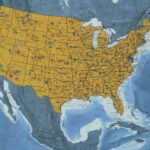In the realm of international business and data management, country and region codes play a pivotal role in identifying and categorizing locations across the globe. These codes serve as a standardized system for referencing countries, territories, and their subdivisions, ensuring accurate data collection, analysis, and communication.

Understanding Country and Region Codes
Country codes are two-letter alphabetic codes defined by the International Organization for Standardization (ISO) in its ISO 3166-1 standard. These codes provide a unique identifier for each country and are widely used in various applications, including international trade, shipping, and online transactions.
Region codes, on the other hand, are alphanumeric codes that represent specific geographical regions within a country. These codes are often used in conjunction with country codes to provide a more granular level of location identification. For example, the region code “CA” represents California in the United States, while “NY” represents New York.
Applications of Country and Region Codes
Country and region codes are essential for a wide range of applications, including:
- International trade and shipping: These codes are used to identify the origin and destination of goods, calculate tariffs and taxes, and comply with customs regulations.
- Data analysis and reporting: Businesses and organizations use country and region codes to analyze sales data, track customer demographics, and identify market trends.
- Website localization: Websites use these codes to tailor their content and language to specific regions, providing a more personalized user experience.
- Shipping and logistics: Country and region codes are crucial for accurate address verification, ensuring that packages and shipments reach their intended destinations.
Resources for Country and Region Codes
There are several resources available for finding and using country and region codes:
- ISO 3166-1 standard: This is the official source for country codes, maintained by the ISO.
- ISO 3166-2 standard: This standard defines codes for the names of the principal subdivisions (e.g., provinces, states) of all countries coded in ISO 3166-1.
- Online databases: Many online databases and tools allow you to search for country and region codes by name or code.
The Importance of Accurate Country and Region Codes
Accurate country and region codes are essential for ensuring the smooth flow of information and goods across borders. They help businesses and organizations make informed decisions based on reliable data, and they ensure that communication and transactions are conducted efficiently and effectively.
In Conclusion
In the increasingly globalized world, country and region codes are more important than ever. They are a fundamental tool for navigating the complexities of international business and data management, ensuring that information is accurate, reliable, and relevant to specific locations.


